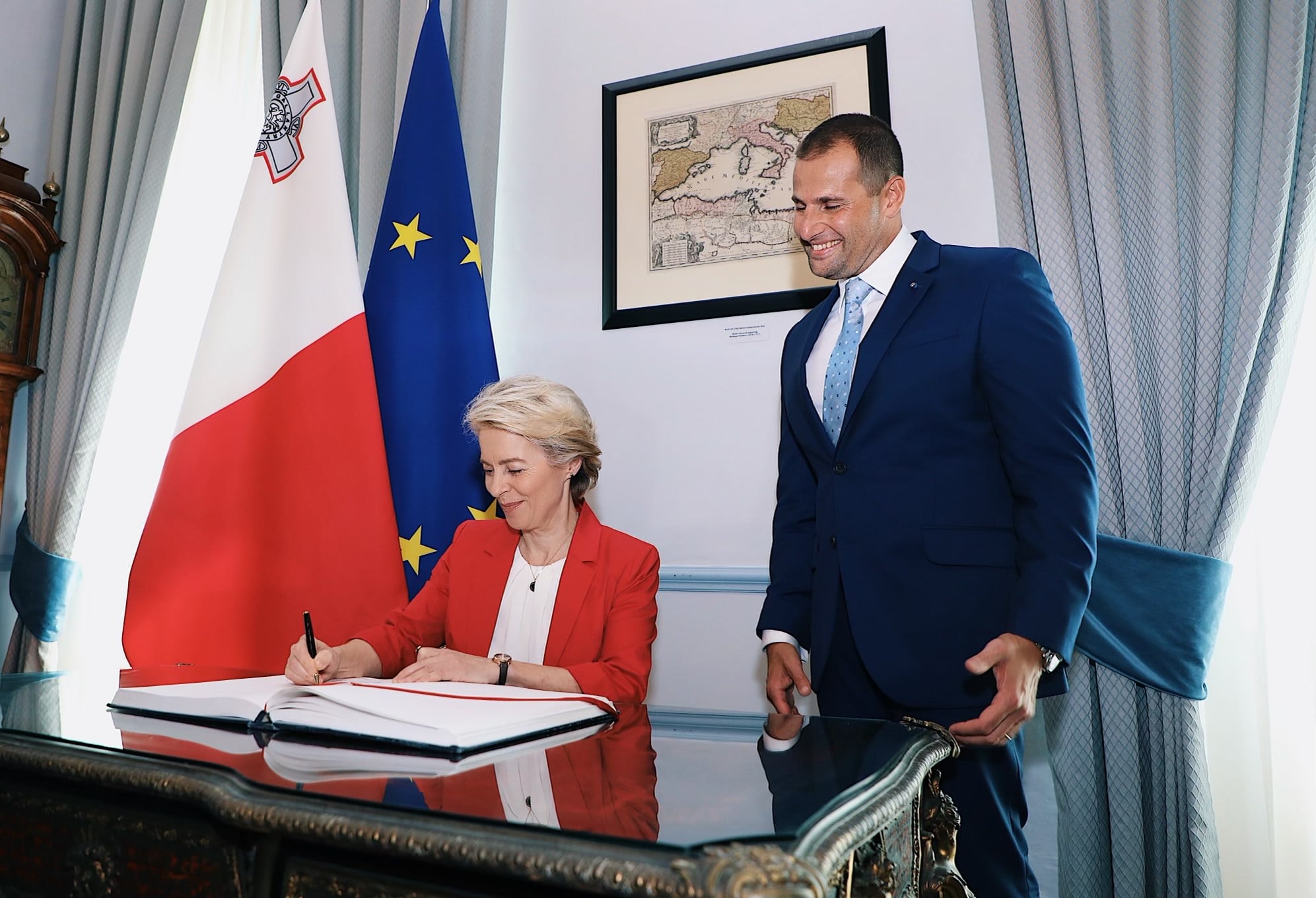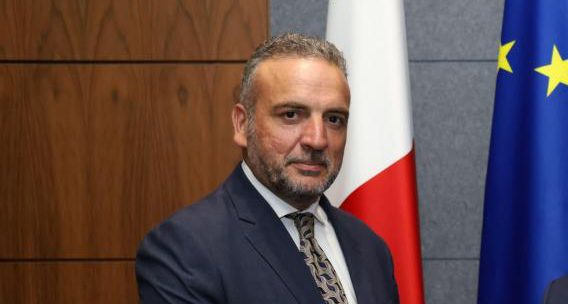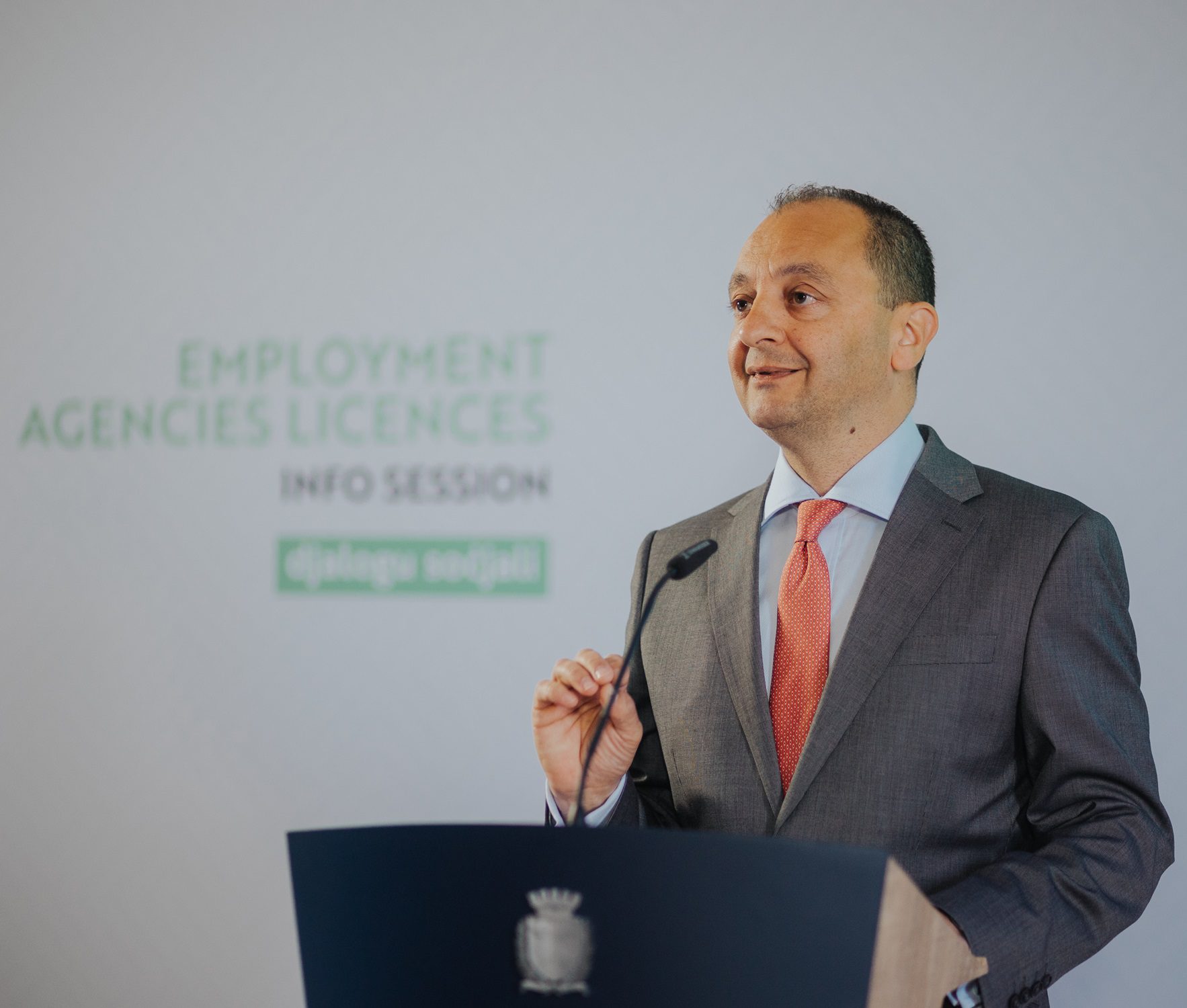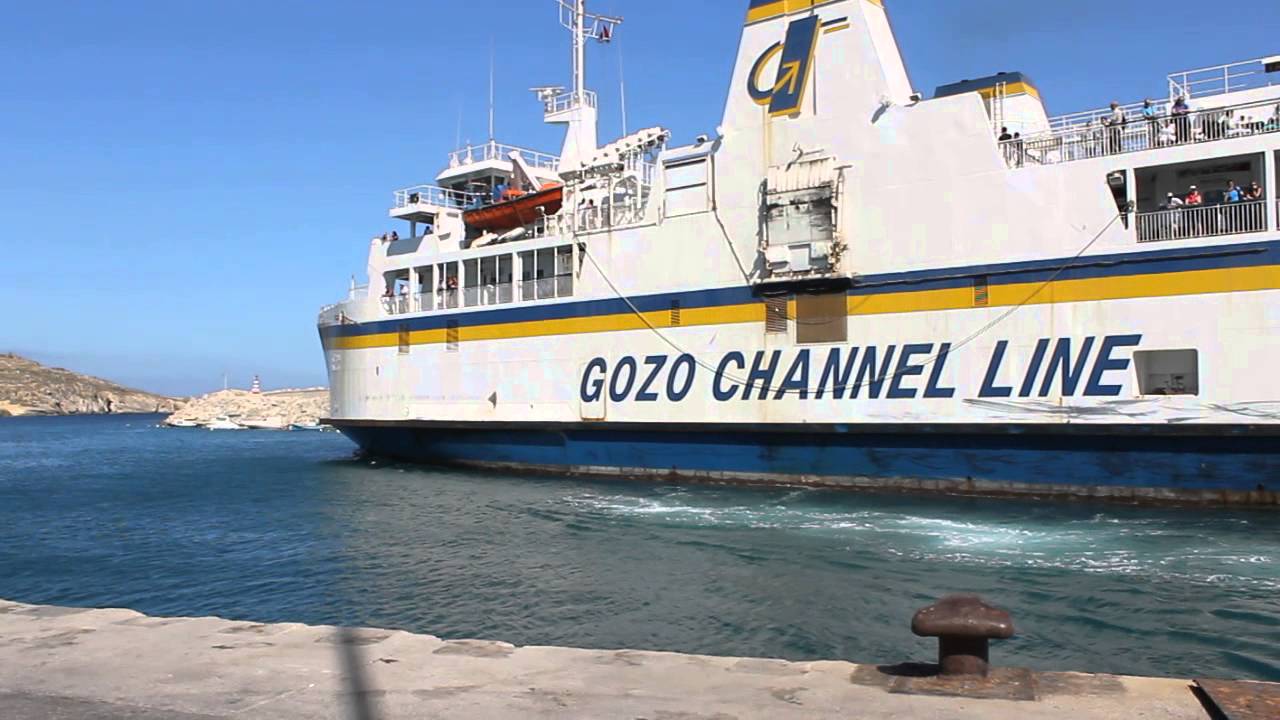The European Commission has approved Malta’s plan for the allocation of its portion of the European Pandemic Recovery Fund, Prime Minister Robert Abela and EC President Ursula von der Leyen announced on Thursday.
Addressing a press conference, the pair provided additional details on the plan, and some of the reforms and investments it will involve.
Among other key takeaways from the announcement, President von der Leyen announced that the country has pledged to enact reforms on “crucial topics”, including through the introduction of measures to curb “aggressive tax planning practices”.
While the exact details of this reform were not provided, it comes as pressure has been building for the tackling of the issue, including prospectively through the introduction of a minimum global corporate tax rate.
Malta’s EU pandemic recovery plan (under the NextGenerationEU fund) is worth €320 million and includes allocations in a number of areas, including the renovation of buildings and the installment of solar panels.
To the praise of the President, 54 per cent of Malta’s funding will be focused on environmental initiatives, which, she said, is “one of the greenest plans the EC has seen so far”.
The EU’s minimum required allocation for schemes in this area was 37 per cent.
Dr Abela emphasised that the country is aiming to become carbon neutral by 2050, and that the plan would set it on the path to doing so.
President von de Leyen also pointed to the dedication of 25 per cent of the plan’s budget dedicated to digital initiatives in Malta. This is expected to make public administration and services more efficient and more accessible, especially in justice and healthcare, as well as benefiting local businesses.
Aside from the investments, the plan also details “crucial” reforms which are linked to the disbursement of funds. This includes reforms in Malta’s construction sector, as well as the judicial system and its anti-money laundering framework.
Asked how his Government chose the proposals of the plan, Dr Abela said: “It was the natural choice for a Government committed to improve the qualities of life for all those that call Malta home”.
The Prime Minister explained that the funds would be donated across a number of areas, including the installation of charging ports for electric cars, which he acknowledged Malta does not yet have enough of.
On a broader basis, he identified a number of key aims of the plan namely the bolstering of the country’s medium-term vision and the fostering of economic growth to improve residents’ quality of life.
While the approval of the plan by the EC is an “important milestone”, it now has to be approved by the European Council.
Featured Image:
Facebook/ MaltaGov
Building and Construction Authority CEO resigns days after fatal construction incident
Jesmond Muscat quits after less than two years in the role
Government launches portal for temping agencies to apply for a licence, following regulations
New regulations, aimed at regulating the sector and diminishing abuse, came into force on 1st April
Gozo Channel diverts operations to Ċirkewwa South Quay due to weather conditions
Malta has been subject to strong winds over the past few days






